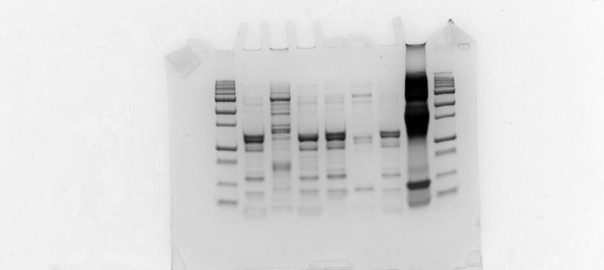“One of the great things about working at St. Petersburg College is the academic freedom and the ability to design courses that allow both faculty and students to explore their academic interests.” – Dr. Shannon Ulrich
The Baccalaureate Biology program at SPC offers core courses where students are introduced to the basics of studying life. These courses include Cell Biology, Genetics, Ecology, Botany, Comparative Physiology, and others. Faculty are also encouraged to design special topics courses. This Fall these special courses will include Marine Mammalogy, Marine Ecology, Food Science and Immunology.
So, YOU want to be a Biologist!!! Now, what classes should you take?? Well, consider these special topic courses to fulfill your elective hours. Here’s more information….
Marine Mammalogy – BSC 3931 Section 4291
Explore the fascinating world of mammals who waved “bye-bye” to land and embraced the life aquatic! Marine Mammalogy examines the major groups of marine mammals from an evolutionary and physiological perspective. Through this lens, we will investigate behavior, conservation and current research methods.
Marine Ecology – BSC 3931
This course will discuss marine communities, processes and ecosystem functions. In addition, hands on laboratories and fieldwork will allow students to learn about the process of research design and implementation.
Food Science – BSC 3931 Section 4292
Examine the microbiology and biochemistry of culinary arts. In this course, students will experiment with molecular gastronomy, food pathogen detection, the art of fermentation (i.e. Brewing BEER), growing edible mushrooms and more! The FINAL EXAM will be a POSTER POTLUCK!!!
Immunology – PCB 4233
This course teaches the fundamentals and functions of the immune system. The role of the immune system in health and disease is a vital component of life and investigations into this system introduce the student to the organs, tissues, cells, and molecules of the immune system and their relationship to disease. The immune system involves complex interactions between blood cells, chemical signals, cellular signals, genetics, and foreign “invaders” which allow us to merge concepts from biology, microbiology, biochemistry and genetics.
For more information or to enroll in these courses contact Linda Gingerich at gingerich.linda@spcollege.edu.

